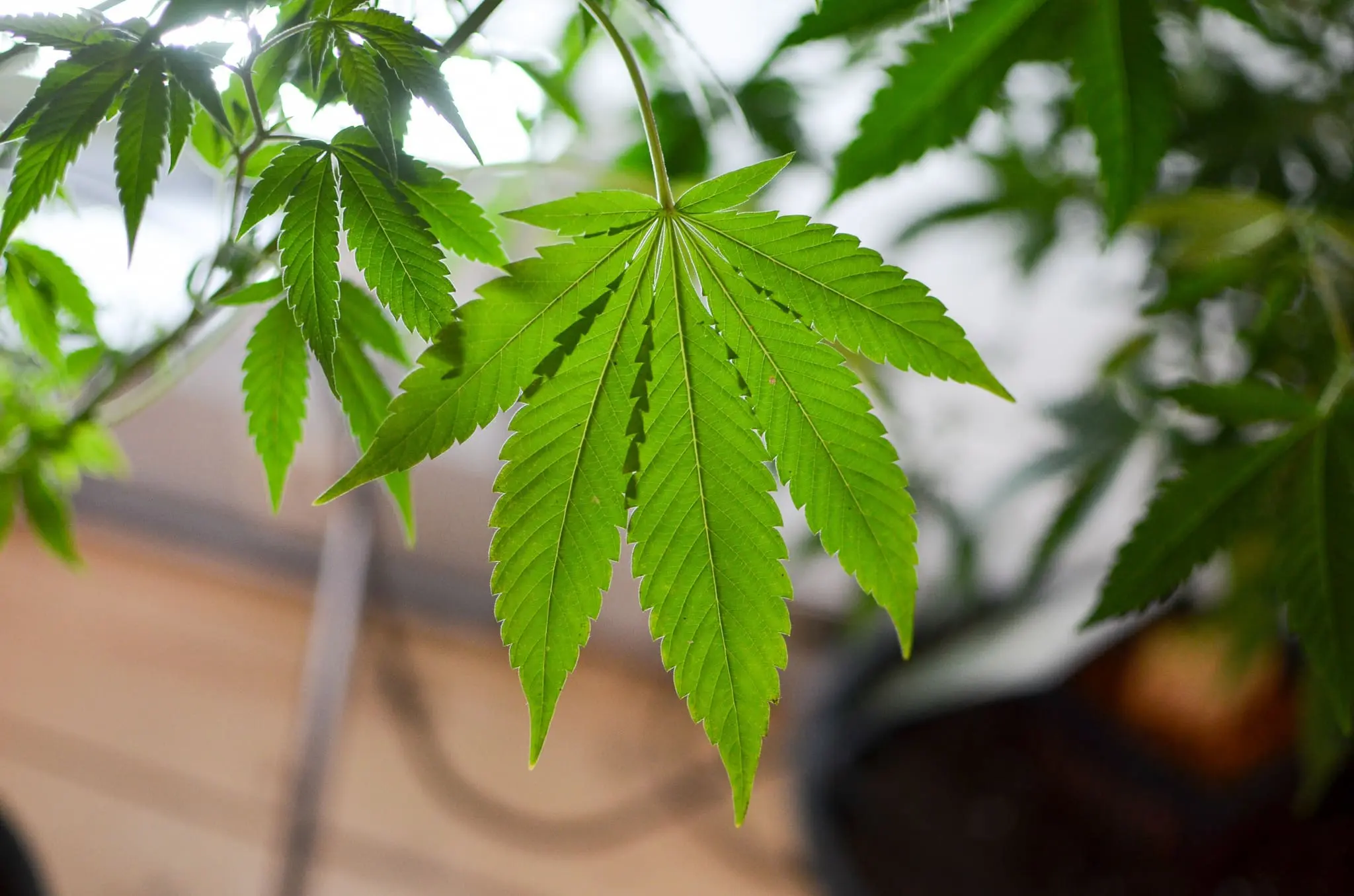Politics
Florida’s Attorney General Supports Federal Recriminalization Of Hemp THC Products

“Our team is looking in on that and we’re going to make sure that we’re getting illegal products off the market.”
By Mitch Perry, Florida Phoenix
Florida Attorney General James Uthmeier (R) said Monday that he supports the nationwide ban on most hemp-derived THC products that Congress approved last week and that is scheduled to take effect late next year.
Language in the federal legislation reopening the government prohibits sales of hemp products with more than 0.4 milligrams per container of total delta-9-tetrahydrocannabinol (THC)—the psychoactive compound found in the cannabis plant. That effectively would prohibit hemp-derived products like Delta-8 from being sold online, in gas stations and corner stores around the country.
The vote came weeks after 39 state attorneys general from both red and blue states signed a letter asking Congress to outlaw intoxicating hemp products at the federal level.
Uthmeier was not one of them, however.
Speaking during a press conference in Tampa, Uthmeier said he declined to sign because he wanted to review the request “a little bit more to figure out the best way to regulate,” but agreed that “a full sweeping regulatory overhaul of hemp, I think, was greatly needed.”
“Our team is looking in on that and we’re going to make sure that we’re getting illegal products off the market,” he said.
Against the collective objections of the billion-dollar hemp industry in Florida, the Legislature passed a bill in the 2024 legislative session that would have banned Delta-8 and imposed strict limits on the amount of THC that could be included in hemp-derived products. It was ultimately vetoed by Gov. Ron DeSantis (R).
The Legislature came back in the 2025 session with proposals to regulate hemp, but failed to approve a bill.
7-OH
Uthmeier repeated his concerns about 7-OH, a concentrated byproduct of the kratom plant (7-OH is abbreviation of the substance 7-hydroxymitragynine). The attorney general announced in August that he had filed an emergency rule classifying 7-OH as a controlled substance in Florida, making it illegal to sell, possess or distribute any isolated or concentrated form of 7-OH in the state.
That prompted Florida Commissioner of Agriculture Wilton Simpson (R) to announce last month that his agency had removed 17,113 packages of 7-OH from retail locations in more than 20 Florida counties.
“If you don’t know what this 7-0H is, it’s dangerous. It’s highly concentrated,” Uthmeier said Monday.
“We’ve taken measurements that are 13 times more potent than morphine and it was being sold on a shelf right next to candy and retail products. So, just because something’s on a shelf doesn’t mean it’s gone through all the regulatory approvals, it does not mean it’s safe. We’re in a world where there’s a lot of new products coming in and it’s up to us—state leaders, law enforcement and the Legislature—to get involved, crack down, and make the tough decisions to protect our consumers.”
The U.S. Food and Drug Administration is also pushing to ban 7-OH. In late July, the U.S. Department of Health and Human Services recommended that the federal Drug Enforcement Administration place 7-OH in Schedule I, citing a high potential for abuse. The classification would not apply to kratom leaves or powders with naturally occurring 7-OH.
This story was first published by Florida Phoenix.
Photo courtesy of Philip Steffan.



